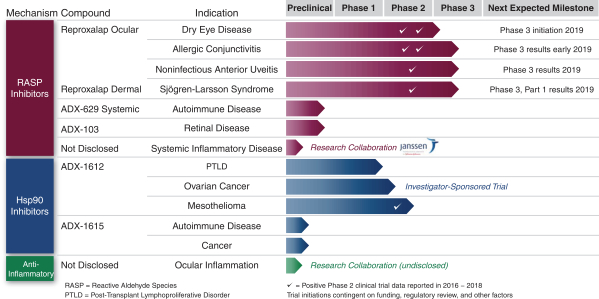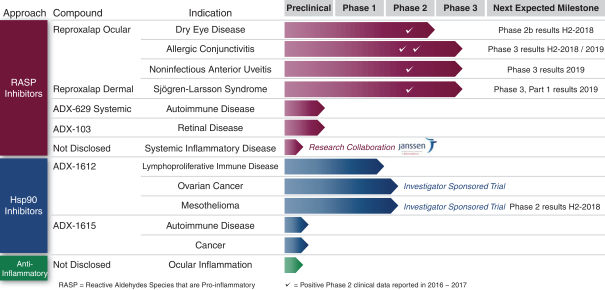liability insurance, and we may be required to incur substantial costs to maintain the same or similar coverage. We cannot predict or estimate the amount or timing of additional costs we may incur to respond to these requirements, the impact of which could also make it more difficult for us to attract and retain qualified persons to serve on our board of directors, our board committees, or as executive officers.
If we fail to maintain proper and effective internal control over financial reporting in the future, our ability to produce accurate and timely financial statements could be impaired, which could harm our operating results, investors’ views of us and, as a result, the value of our common stock.
Pursuant to Section 404 of the Sarbanes-Oxley Act, our management is required to report upon the effectiveness of our internal control over financial reporting. When and if we are a “large accelerated filer” or an “accelerated filer” and are no longer an “emerging growth company,” each as defined in the Exchange Act, our independent registered public accounting firm will be required to attest to the effectiveness of our internal control over financial reporting. However, for so long as we remain an emerging growth company, we intend to take advantage of certain exemptions from various reporting requirements that are applicable to public companies that are not emerging growth companies, including, but not limited to, not being required to comply with the auditor attestation requirements of Section 404. Once we are no longer an emerging growth company or, if prior to such date, we opt to no longer take advantage of the applicable exemption, we will be required to include an opinion from our independent registered public accounting firm on the effectiveness of our internal controls over financial reporting. The rules governing the standards that must be met for management to assess our internal control over financial reporting are complex and require significant documentation, testing, and possible remediation. To comply with the requirements of being a reporting company under the Exchange Act, we will be required to upgrade our systems including information technology; implement additional financial and management controls, reporting systems, and procedures; and hire additional accounting and finance staff.
Historically, we have not had sufficient accounting and supervisory personnel with the appropriate level of technical accounting experience and training necessary, or adequate formally documented accounting policies and procedures to support, effective internal controls. As we grow, we will hire additional personnel and engage in external temporary resources and may implement, document, and modify policies and procedures to maintain effective internal controls. However, we may identify deficiencies and weaknesses or fail to remediate previously identified deficiencies in our internal controls. If material weaknesses or deficiencies in our internal controls exist and go undetected or unremediated, our financial statements could contain material misstatements that, when discovered in the future, could cause us to fail to meet our future reporting obligations and cause the price of our common stock to decline.
If securities or industry analysts do not publish research or reports or publish unfavorable research or reports about our business, our stock price and trading volume could decline.
The trading market for our common stock will depend in part on the research and reports that securities or industry analysts publish about us, our business, our market, or our competitors. We currently have limited research coverage by securities and industry analysts. If other securities or industry analysts do not commence coverage of our company, the trading price for our stock could be negatively impacted. If one or more of the analysts who covers us downgrades our stock, our stock price would likely decline. If one or more of these analysts ceases to cover us or fails to regularly publish reports on us, interest in our stock could decrease, which could cause our stock price or trading volume to decline.
We could be subject to securities class action litigation.
In the past, securities class action litigation has often been brought against a company following a decline in the market price of its securities. The risk of securities class action litigation is especially relevant for us because biotechnology and pharmaceutical companies have experienced significant stock price volatility in recent years. If we face such litigation, it could result in substantial costs and a diversion of management’s attention and resources, which could harm our business.
12


